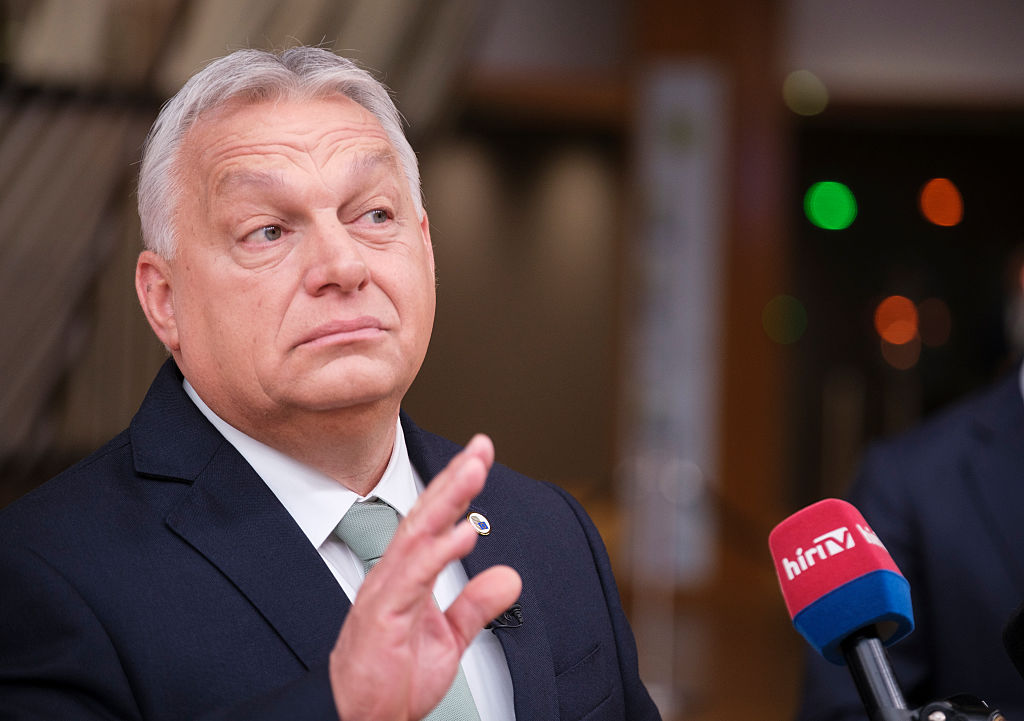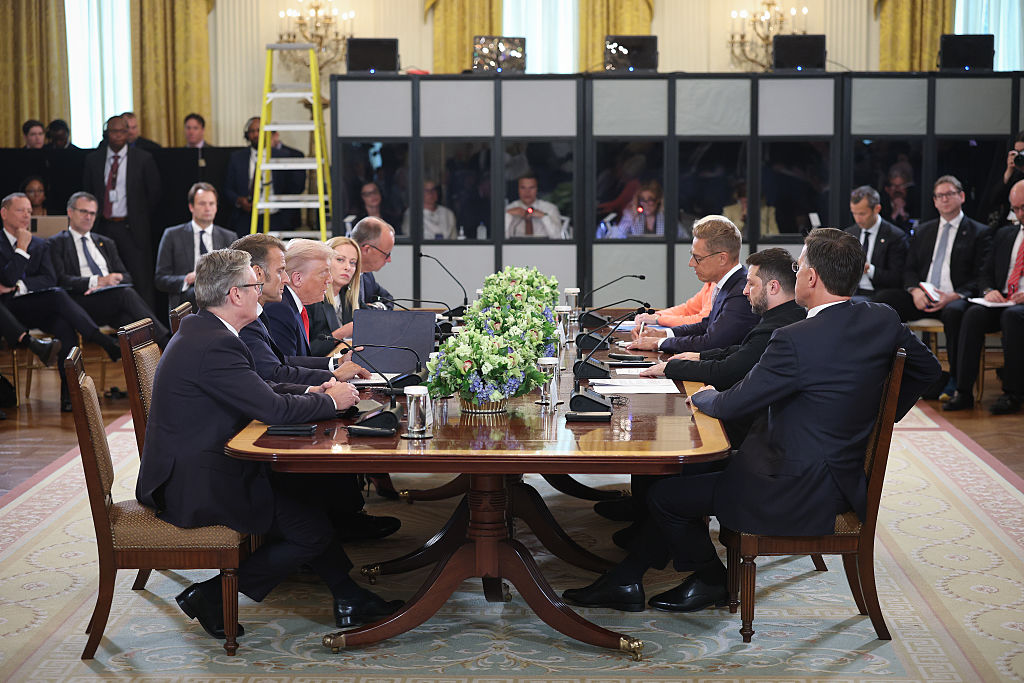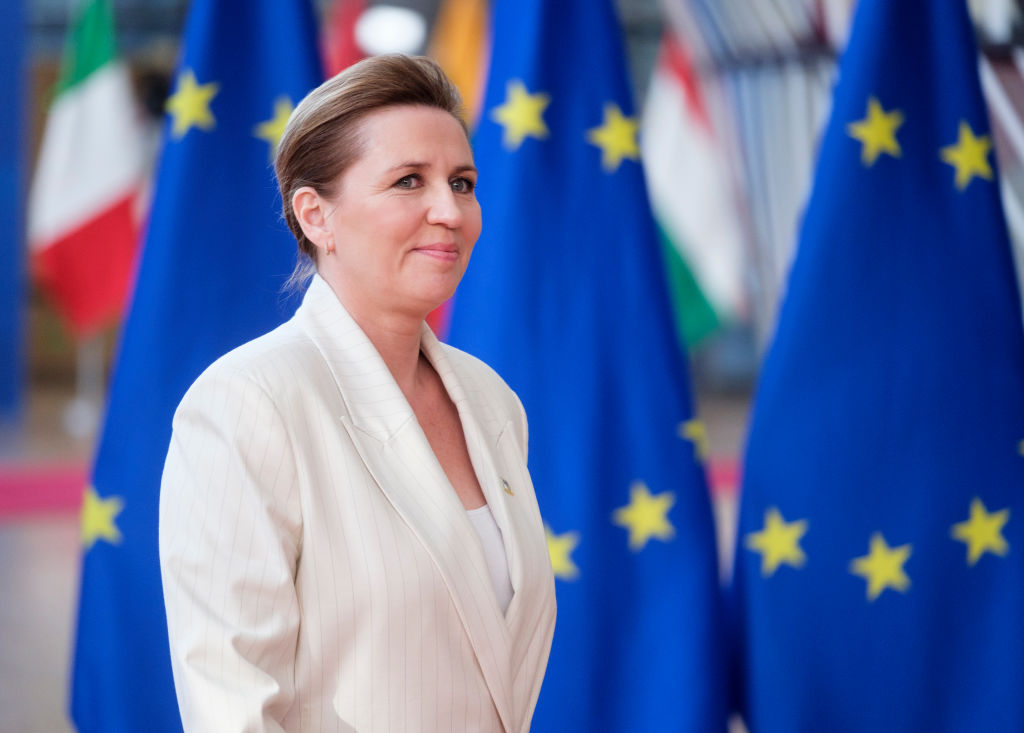France is exhausted. Following years of grand, useless rhetoric by President Emmanuel Macron, the people are tired of reforms that never quite reform, of a burdensome hyper-bureaucracy that breeds low growth and spiralling debt, and of a social contract that punishes the young with massive taxes so that pensioners and foreigners can thrive. This is the sorry conclusion of a failed presidency. When Macron first came to power, back in 2017, he presented himself as a break from the immediate past, represented by the hapless François Hollande and his Socialist Party. He promised to “liberate” the economy and revitalise a sclerotic state. Eight years later, the debt-to-GDP ratio is at 106 per cent, and thus higher than ever; small businesses complain about endless paperwork; and the Paris Bourse attracts fewer IPOs than Amsterdam or Frankfurt. Macron’s legacy is bitter, indeed.
Faced with the threat of financial meltdown and even of a possible IMF intervention in his country, Prime Minister François Bayrou has tried to position himself as the face of responsibility. His proposal to cut almost €50 billion in spending next year, however, is not only painful; supported by an ineffectual president and coming from a PM that polls suggest is the least popular France has had since 1958, it has earned the crushing opposition of the vast majority of French voters. Over 60 per cent of the people are demanding the dissolution of the National Assembly, and therefore a new election; 70 per cent are demanding the resignation of the President, a figure without precedent even in a nation as traditionally unstable and politically acrimonious as France.
The end might be close, indeed, to the Macron-Bayrou duet. Unable to pass his austerity bill in parliament, Bayrou has now called for a confidence motion in his government that he is almost guaranteed to lose. The likeliest scenario, after that, is a new election for parliament. Bayrou is on his way out. Macron may soon heed the calls of the public for his exit and join him.
This will present the right-wing National Rally (RN) party with its best shot yet at power. A new tandem, uniting Marine Le Pen and Jordan Bardella, may be what comes next for France. And while the two giants of the French Right are on the same page on sovereignty, immigration, and the defence of national identity, their instincts on the economy are not wholly identical.
Marine Le Pen has long embodied the protectionist, statist tradition of French politics. Her focus has been on shielding industries from unfair global competition, defending pensions, and preserving public services in regions abandoned by Paris—what Christophe Guilly, a geographer and writer, has called La France périphérique. One thinks of Le Pen’s proposals to maintain rural hospitals, to favour the consumption of local goods over imported ones, or to stop the wave of privatisation in essential infrastructure. Le Pen’s platform is defensive—it is about returning dignity and prospects to those who have been left behind. Many French people—especially outside the big cities and in the post-industrial north—find reassurance in that.
Bardella seems more reform-minded. In his speech at the Paris Sommet des Libertés, in June, but also last year in an interview with the Financial Times, he sounded much more like a reformist in the classical sense: Pledging to reduce the weight of bureaucracy, to streamline taxation, and to make it easier for businesses to hire without fear of being trapped by rigid labour codes. He talked about simplifying VAT rules for small enterprises, cutting production taxes that weigh especially heavily on French manufacturers, limiting the country’s generous welfare state to the use of French citizens, and sending a signal to investors that France is serious about balancing its books. Given the severity of Paris’ situation, this isn’t just welcome—its essential.
For years, entrepreneurs have argued that France punishes the act of employing people. Social charges on wages, coupled with a labyrinth of regulations, discourage firms from growing beyond a handful of employees. Bardella seems to grasp this in a way Macron never fully did. Where Macron tinkered—creating exemptions here, offering subsidies there—Bardella is actually discussing broader simplification. That is why some business circles, initially sceptical of the National Rally, are beginning to listen—indeed, the Sommet des Libertés was sponsored by two of the country’s most important businessmen, Pierre-Édouard Stérin et Vincent Bolloré. Both are keen to see a government that unites France’s splintered Right in a common, reformist, and pro-business platform. The list of speakers is illustrative: Sarah Knafo, an MEP for the right-wing Reconquête party and life partner to right-wing politician and journalist Éric Zemmour, Union of the Right for the Republic party (UDR) leader Éric Ciotti, also Nicolas Dupont-Aignan, leader of the small Debout la France party who describes himself as a Gaullist, and the MEP Marion Maréchal, who is the niece of Marine Le Pen.
While Le Pen’s prohibition by the courts on running to the presidency in 2027 raises doubts on who of the two figures will end up doing what in a future RN government—whether it is Le Pen in the presidency and Bardella as PM or vice-versa—it should be stressed that their different impulses and priorities seem wholly compatible. Ultimately, Le Pen’s more Gaulliste, economically populist approach is only relevant if it can be made financially sustainable. Bardella, whether as prime minister or as a future president himself, would inject a much needed dose of economic realism into French governance. Without growth, private investment, and a credible plan to slow the rise of debt, after all, the state cannot protect anyone.
The debt burden alone—over €3 trillion—threatens to become unmanageable if interest rates remain high. Servicing it already consumes more than the defence budget, or well over €50 billion a year. To address this, Bardella has hinted at targeted spending cuts combined with pro-growth reforms: Lowering production taxes, opening up regulated professions, and attracting back French entrepreneurs who set up shop in London or Brussels.
What might such a government look like? One can imagine Le Pen setting the broad tone—protection of French strategic assets and industrial re-offshorisation, as seems so crucial in our era of de-globalisation—while Bardella pushes through a package of measures to make France more competitive. Perhaps even a grand bargain: Deregulate the labour market and reduce payroll charges for employers, but safeguard pensions for workers; trim ministerial bureaucracies in Paris, while reinvesting in local services in France’s notoriously forsaken countryside.
The French Right now has both a seasoned figure who reassures (Le Pen) and a younger one who promises reform (Bardella). That combination could well be the key finally to addressing France’s chronic ailments: High debt, weak competitiveness, low growth, and a tragic, so far unstoppable flight of talent.
France has reinvented itself before. If Macron exits the stage and the National Rallly takes over, it may yet do so again—this time with the curious but promising blend of Le Pen’s étatisme and Bardella’s more pro-market platform. At the very least, it will have a new government with a clear democratic mandate and the political capital to change things. And change is exactly what France urgently needs.





It is not the heat: Iberia burns because of weak and corrupt politicians